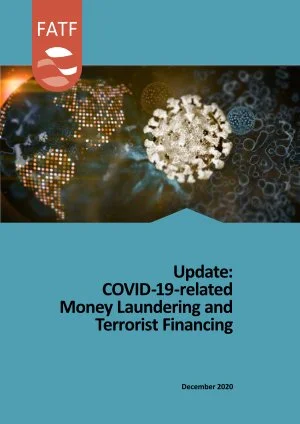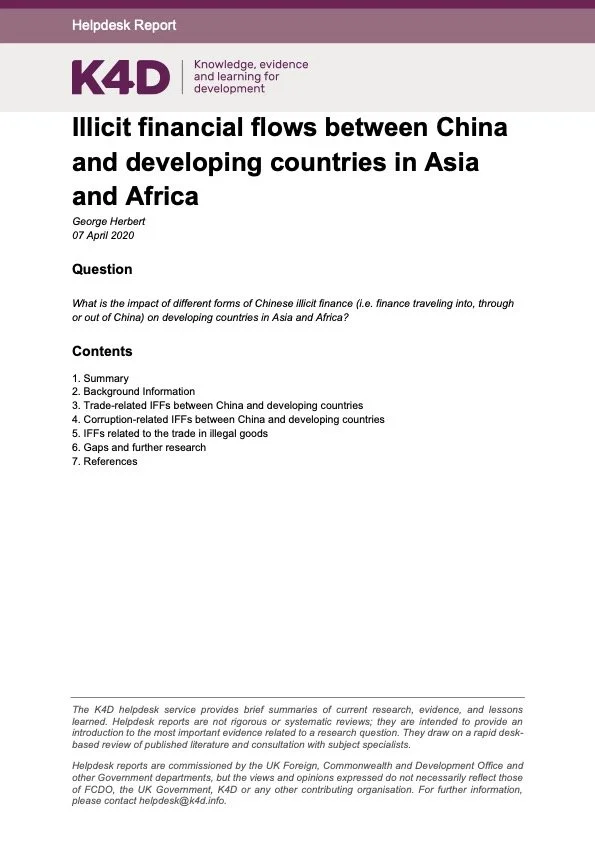ByThe Financial Action Task Force
he COVID-19 pandemic has led to unprecedented global challenges, human suffering and economic disruption. It has also led to an increase in COVID-19-related crimes, including fraud, cybercrime, misdirection or exploitation of government funds or international financial assistance, which is creating new sources of proceeds for illicit actors. Using information provided to the members of the FATF Global Network on 7 and 23 April, this paper identifies challenges, good practices and policy responses to new money laundering and terrorist financing threats and vulnerabilities arising from the COVID-19 crisis.
As the world is focusing on responding to the COVID-19 pandemic, it is impacting on the ability of government and the private sector to implement anti-money laundering and counter terrorist financing (AML/CFT) obligations in areas including supervision, regulation and policy reform, suspicious transaction reporting and international cooperation. This could lead to emerging risks and vulnerabilities that could result in criminals finding ways to:
Bypass customer due diligence measures;
Increase misuse of online financial services and virtual assets to move and conceal illicit funds;
Exploit economic stimulus measures and insolvency schemes as a means for natural and legal persons to conceal and launder illicit proceeds;
Increase use of the unregulated financial sector, creating additional opportunities for criminals to launder illicit funds;
Misuse and misappropriation of domestic and international financial aid and emergency funding;
Exploit COVID-19 and the associated economic downturn to move into new cash-intensive and high-liquidity lines of business in developing countries.
AML/CFT policy responses can help support the swift and effective implementation of measures to respond to COVID-19, while managing new risks and vulnerabilities. This paper provides examples of such responses, which include:
Domestic coordination to assess the impact of COVID-19 on AML/CFT risks and systems;
Strengthened communication with the private sector;
Encouraging the full use of a risk-based approach to customer due diligence;
Supporting electronic and digital payment options.
Paris: FATF, 2020. 34p.








